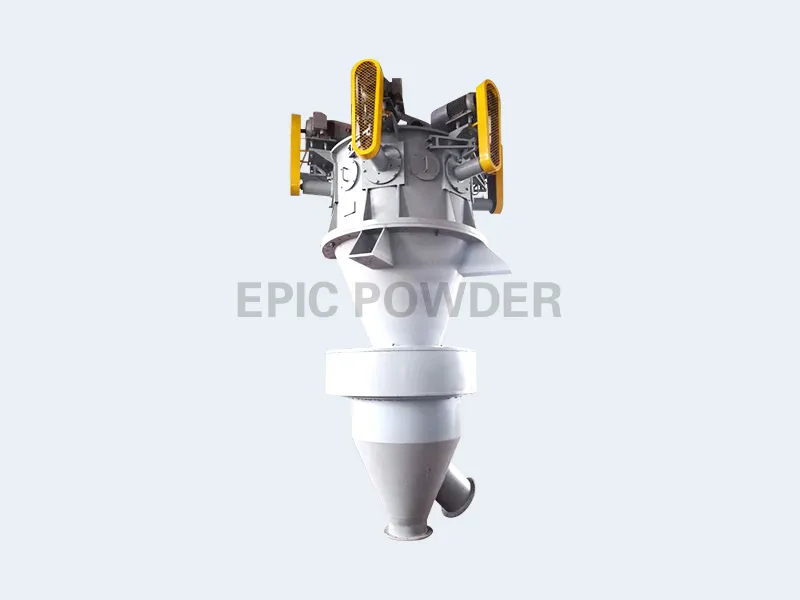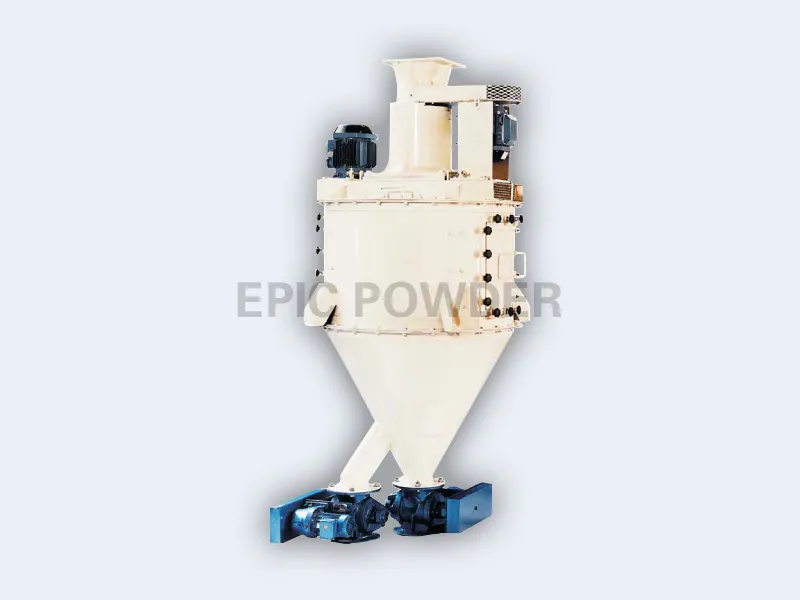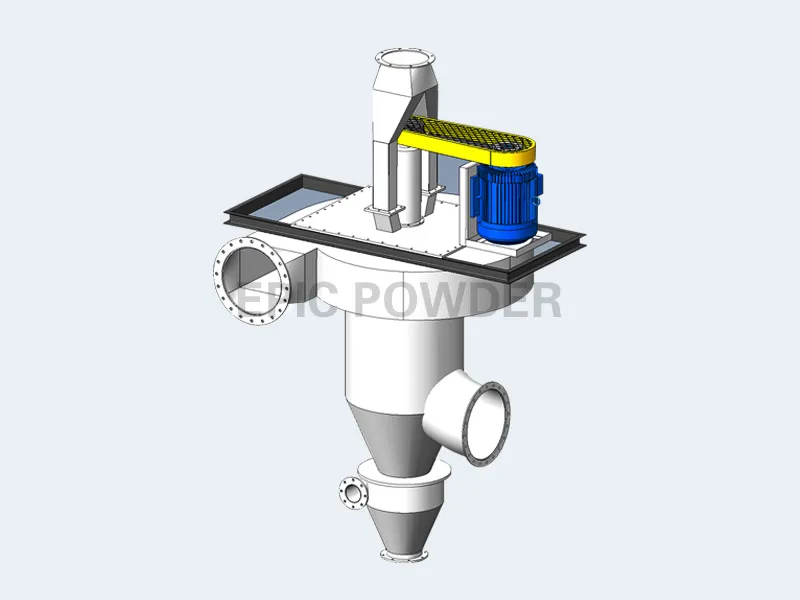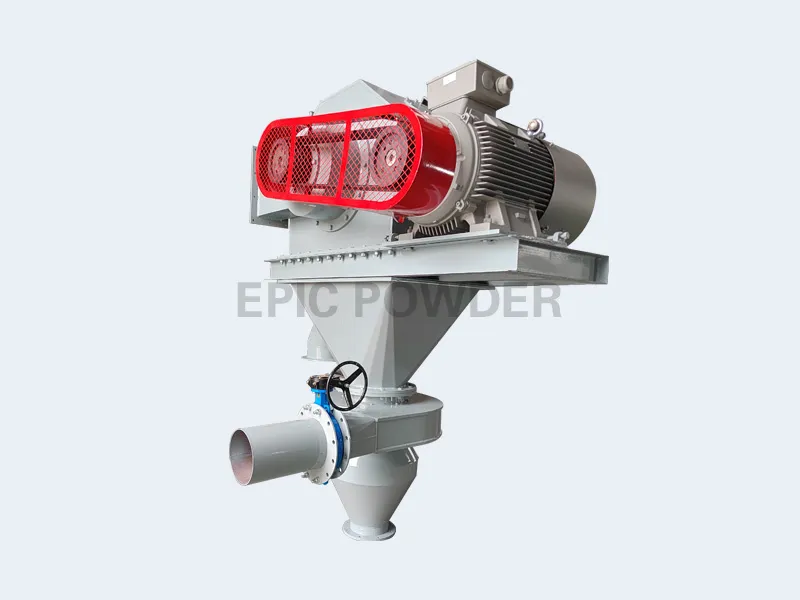Classifying & Separating
Classification are based on the effects of centrifugal force, gravity, inertial force, etc., of different sizes powders in the medium (usually air) to form different trajectories, so as to realize the separation of different sizes powders.
Material would go from the bottom part of air classifier up to the classifying chamber by the air flow from suction fan. The classifier wheel with high-speed rotation would create a strong centrifugal force to separate coarse and fine powder. Qualified fine powder would go through the wheel vane then into the cyclone or bag filter, while coarse entraining fine powder would lose its speed and fall down along the wall of chamber to the inlet of secondary air. The secondary air flow would disperse it further and separate coarse and fine powder. Fine powder would go up to the classifying chamber for further classifying, while coarse powder would fall down and will be discharged from the bottom outlet.
Advantages of EPIC Powder Classifying
High classifying efficiency
Classifying efficiency (extraction ratio) can be 90%.
Can form a closed loop
Can be connected in series with a variety of milling equipment to form a circulating system.
Flexible adjustment of particle size
Speed of wheel is controlled by inverter; particle size can be adjusted freely.
Fully enclosed negative pressure operation
No dust spills, no environmental pollution, low noise, easy operation.
Ceramic materials is available
No metal pollution, high-purity product.
Explosion-proof design and nitrogen circulation
Can meet the processing requirements of flammable, explosive and oxidizing materials.
4 types of ultrafine powder classifiers
Air classifier is ideal for fine powders of ceramics, abrasives, glass, minerals, and polymers.Superfine powders in the range of d97 = 8 µm to d97 = 45 µm.
CTC series air classifier is designed under the guidance of our German experts, and it is specially developed for separating powder products between 32-250μm.
MBS series air classifier is jointly designed by our German experts and British experts, and is specially used for efficient dry classification of D97: 8-200 micron powder.
High fines yield and maximum fines capacity, with a single classifier wheel. Superfine powders in the range of d97 = 3 µm to d97 = 45 µm.
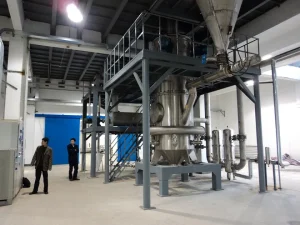
Production Line of Lithium Iron Phosphate for an Electric Vehicle Company in Huizhou
The company is a Chinese car manufacturer and one of the world’s second-largest producers of rechargeable batteries. As one of the earliest Chinese enterprises engaged in the manufacture of new energy materials, it possesses strong technical capabilities and significant influence in the industry. The company has maintained a successful partnership with Epic Powder. During its
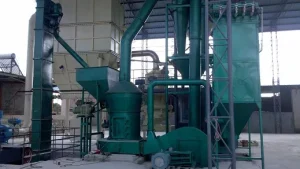
A New Material Company in Zhejiang: Metal powder grinding equipment
The customer is a large domestic enterprise. To expand production capacity and improve efficiency, they needed grinding equipment with reliable performance, stable operation, and high yield. After investigation, they found that the grinding mills provided by Epic were more in line with the enterprise’s expected research outcomes. They also reviewed Epic’s experience and reputation
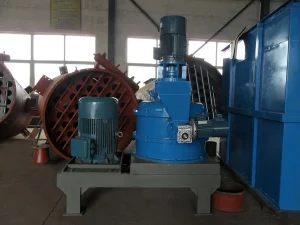
Silica soil drying and dispersing modification production line of a mineral products company in Jiangsu
This mineral company has the mining right. Also the mineral products have special physical and chemical indexes, which is difficult to process. The whole process flow is complicated and has high processing cost. Recommended by peers, it purchased two sets of drying and shattering-modified mechanical pulverizer production lines, and now the company has become a
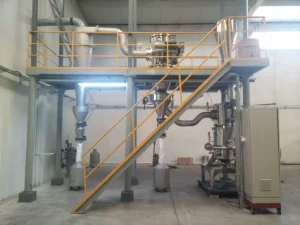
Air Classifying production line of carbon microspheres in a chemical plant in Hubei
In recent years, the new energy industry has developed rapidly. This customer seized the opportunity to expand carbon microspheres production. Epic’s abundant cases in the new energy industry attracted the customer. Before purchasing the equipment, this customer visited Epic Powder‘s factory for two inspections and then finished material tests. The results were quite satisfactory. Epic
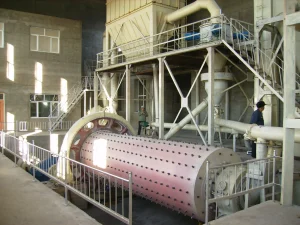
A ball milling and modification production line in a calcium carbonate factory in Iran
This customer, a prominent non-metallic ore processing enterprise in Iran, sought a new coating modification process. After exploring various options, he discovered Epic’s extensive experience in ultrafine processing and advanced modification of non-metallic ores. After two successful tests, he decided to purchase two sets of ball-milling classification and modification equipment to process calcium carbonate. Raw
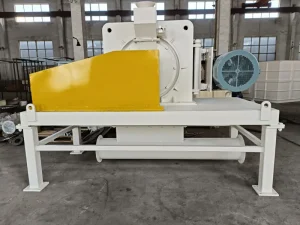
Milk powder grinding production line of a company in Menggu
This customer is a well-known milk enterprise in China. During the launch of their freeze-dried milk powder project, they faced issues such as material sticking after heating and weight inconsistencies. Through local pharmaceutical companies, they discovered Epic‘s ultra-micro grinding technology for health products. After thorough investigation, experimentation, and structural optimization, Epic successfully resolved

